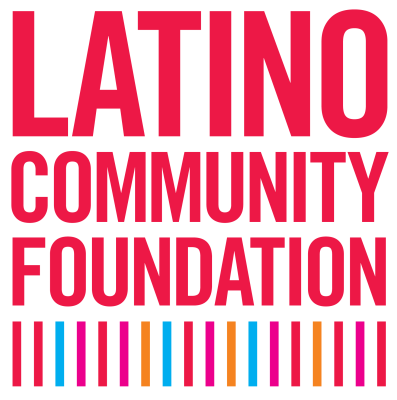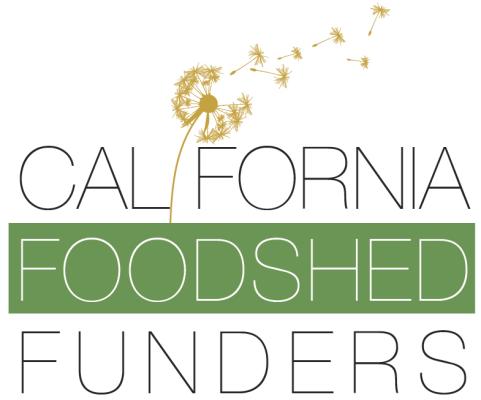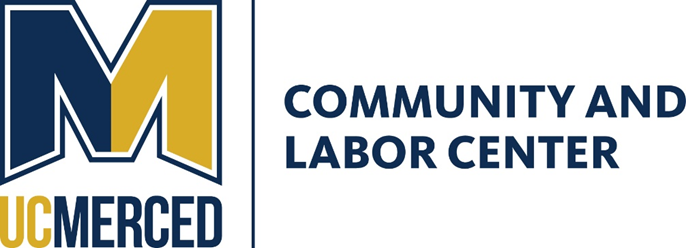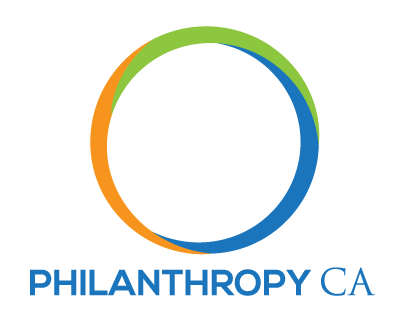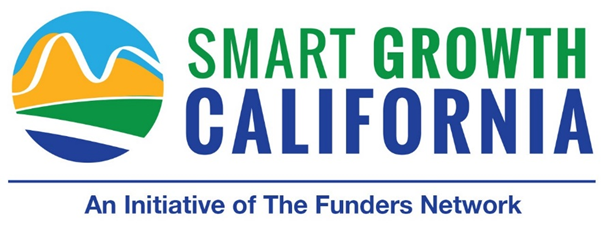From Crisis to Action Part 1: Mobilizing for Equity, Resilience, and Recovery in Rural and Farmworker Communities
Description
A two-part event series, the second of which will include in-person tour of flood affected communities in the Central Valley, including Tulare Lake. We strongly recommend funders attend both sessions, as in-person connections with communities and with other funders are critical at this time.
In the last six months, thirteen atmospheric river events hit California, bringing extreme rainfall, dangerous winds, and record setting snow to rural and farmworker communities across the state. The storms resulted in catastrophic flooding along the Central Coast in towns like Pajaro, across the Central Valley in communities like Planada, and in the Tulare Basin as Tulare Lake continues to re-emerge with spring snowmelt.
These climate change fueled storms come on the heels of historic drought, record extreme heat events, and catastrophic wildfire seasons. This climate whiplash is being felt disproportionality by rural communities that have suffered historic disinvestment, those who are purposefully excluded from government safety net programs based on their immigration status, and regions where racialized violence and a lack of worker protections have resulted in generational economic insecurity, resource extraction and extra pollution burdens.
There is an urgent need for the philanthropic sector to coordinate – and act – in response to these storms, uplifting community power-building and resilience strategies in rural, and farmworker communities. These are certainly not the first storms the State has experienced, and they will not be the last as we continue to live with the consequences of unabated climate chaos. This virtual funder’s briefing is moderated by the Latino Community Foundation, featuring speakers that have responded to flood events during the last six months. Following this briefing, you will have the opportunity to join the UC Merced Community and Labor Center for an in-person Central Valley tour in the Tulare Basin on July 13th.
Goals of this series:
- Move resources to communities recovering from climate change-fueled storms across the State
- Build a deeper understanding of the historic importance of the Central Valley, including the many intersectional issues in need of resourcing (climate & disaster resilience, public health, workers' rights, immigration reform, food security & nutrition, democracy, etc.)
- Explore options for immediate action/collaboration
Join Us for Part 2
Part 2: In-person Tour | July 13, 2023 at 5:00 pm
The second event in the series will offer an in-person opportunity to connect with funders, community, government, and place in the Central Valley as we tour rural and farmworker communities impacted by flooding with the UC Merced Community & Labor Center. While this in-person tour will be deeply rooted in Central Valley communities, universal learnings of issues facing rural and farmworker communities across the state will be elevated. This tour also will include a trip to the boundary of Tulare Lake.
To learn more about our in-person Central Valley Tour, click here.
Speakers
Edward Flores
Edward Flores
Dr. Edward Orozco Flores is an associate professor of sociology, and serves as the Faculty Director of the UC Merced Community and Labor Center. Dr. Flores has published several journal articles and two books. At the Community and Labor Center, Dr. Flores has served as co-PI on several major projects, including the Farmworker Health Study. Dr. Flores also led a research and policy brief series that produced numerous reports, briefs, and fact sheets on workers. The center's research has been cited regularly in mainstream media and by state elected officials, and has led to major policy change in California.
Daisy Salazar
Daisy Salazar
Hello my name is Daisy Salazar I was born and raised in Santa Maria, California. I come from Mixtec parents whose motherland is in the southern part of Oaxaca, Mexico. After high school I left to the bay area to study at San Francisco State University, where I majored in Sociology and minored in health education. After I graduated I came back to my hometown for personal reasons which is when I found my way into MICOP. I came into MICOP as a COVID - 19 promotora. However after a while I decided to continue with my education and left for a while. Yet I found my way back into MICOP as program manager of the SAI (storm assistance for immigrants) program. So far my team and I have been very busy helping out the community and getting the application in. Our phones do not stop ringing with community members asking for appointments. With so much necessity we have appointments scheduled three weeks in advance and our program has only been running for exactly a week (on June 15). A little more about myself, in my free time I greatly enjoy a good gym workout, hiking, the beach, and an occasional good fictional book.
Samantha Sandoval
Samantha Sandoval
Samantha is a passionate and dedicated equity champion committed to liberating and channeling capital into under-resourced communities. As the Grantmaking and Special Projects Director, Samantha leads all LCF grantmaking as well as the CA Wildfire Relief Fund. She is dedicated to social justice and advancing equitable strategies to drive social, environmental, and economic impact in Latino communities. Samantha has over thirteen years of experience in philanthropy, public health, and public policy. She holds a BS from Santa Clara University and is currently completing her MA from Tufts University. In her free time, Samantha enjoys hiking, yoga, and live music.
Sebastin Sanchez
Sebastin Sanchez
Sebastian Sanchez is the Deputy Secretary for Immigrant and Agriculture Workforce at the Labor and Workforce Development Agency. He was appointed by Governor Newsom to this position in June 2022. At LWDA, Sebastian's portfolio includes overseeing the Agency's COVID-19 outreach programs, plans to address the workforce development opportunities for agricultural workers, and efforts to improve access to services for immigrant and farmworker communities. Prior to joining the administration, Sebastian practiced as a workers rights attorney at the Employment Rights Project at Bet Tzedek Legal Services, the California Rural Legal Assistance, and Make the Road New York. He is a graduate of Seton Hall University School of Law, and Columbia University. He is a proud immigrant from Colombia, having entered the United States as an undocumented immigrant when he was 5 years old.
Paulina Moreno
Paulina Moreno
Paulina Moreno is the Director of Special Projects & the Thriving Immigrants Initiative with the Community Action Board of Santa Cruz County, Inc (CAB). Her work is focused on improving the lives of Santa Cruz County’s immigrants through advocacy, coordinated crisis response and services. Paulina has been leading CAB’s COVID and storm crisis response efforts that include the distribution of over 4 million dollars to individuals excluded from traditional sources of emergency aid.
She is a first-generation immigrant born in Michoacán, Mexico and raised in Coachella, CA. She is the eldest of three and the first in her family to pursue higher education. Paulina has a master’s in policy, Organization, and Leadership Studies from Stanford University and an M.A. in Education from UC Santa Cruz. In 2020, she was 1 of 17 recipients nominated for a Hometown Hero Award for her contribution to the community during the 2020 wave of challenges: pandemic, wildfires, social injustice, and economic downturn. In 2021, Paulina received the Phil Rather Award for Leadership in Healthcare for her efforts to improve the health and wellness for all in the Pajaro Valley.

